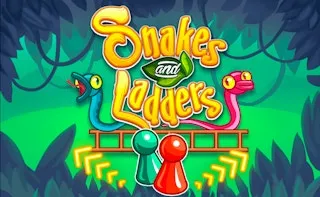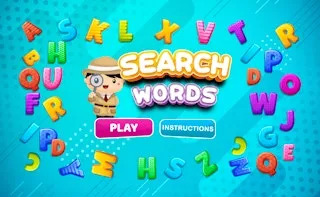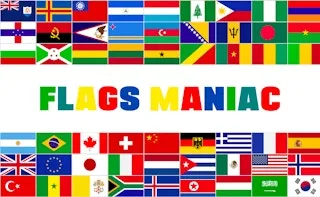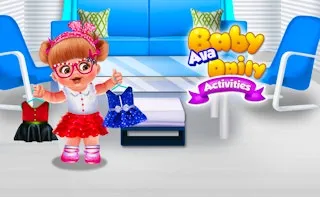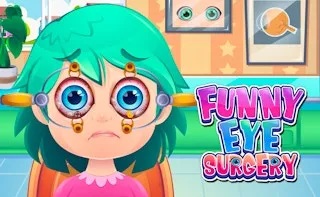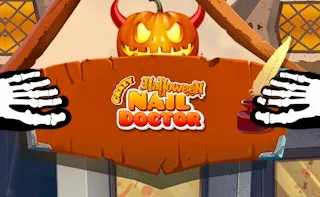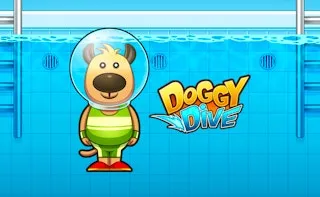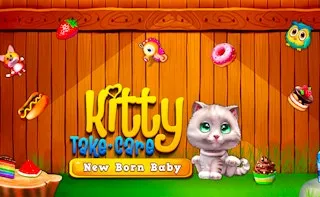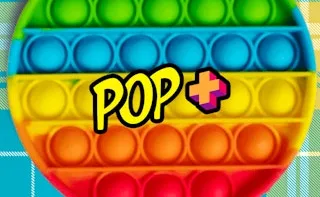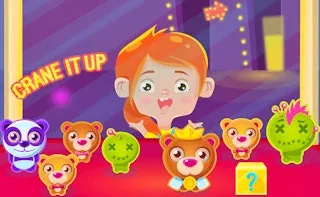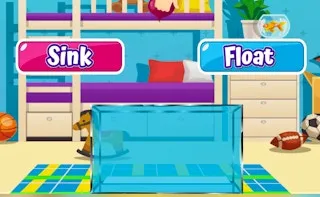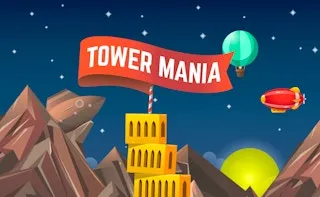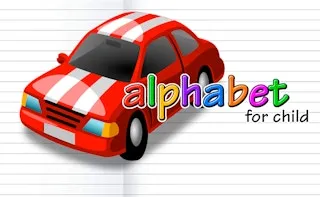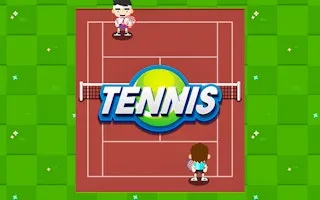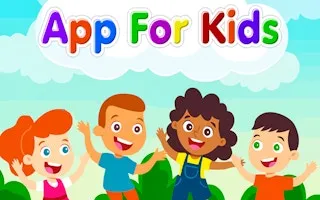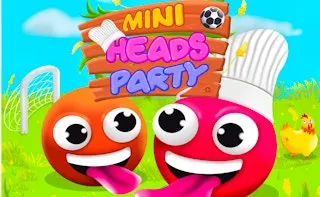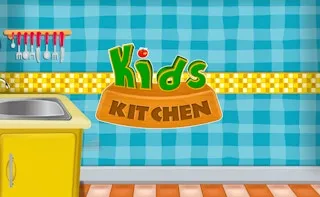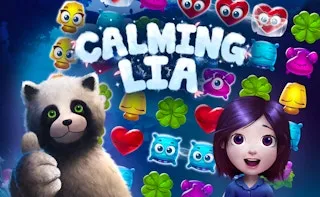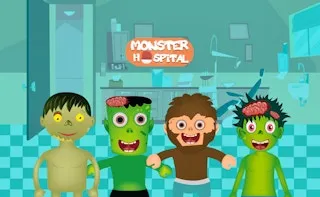Kids Games
80 games in total. Page 1 of 3
Discover the world of fun and educational kids' games designed to stimulate young minds, foster creativity, and ensure a safe, engaging experience for children of all ages.
Why Kids' Games Are So Important?
Kids' games offer more than just entertainment—they are a crucial part of child development. Through well-designed games, children can learn important skills such as problem-solving, critical thinking, and creativity. With the rapid growth of online games, it’s important to ensure that the content kids engage with is both fun and educational, fostering a safe environment for young learners. These games, available on platforms like PunyGame, are designed to cater to various age groups, from toddlers to school-aged children, ensuring a rich learning experience. In the digital age, children are naturally drawn to technology. Games help them interact with new concepts in a playful, interactive environment, making it easier to grasp complex ideas. Whether they're learning basic math or exploring new worlds through creative games, kids' games can serve as a bridge between fun and education.Educational Games for Young Learners
Educational games are essential for toddlers, preschoolers, and early school-aged kids. These games encourage children to engage with learning in a way that doesn’t feel like traditional education. For instance, children might learn basic numeracy and literacy through interactive puzzles, problem-solving exercises, or role-playing adventures that keep them engaged. Sites like PBS Kids and National Geographic Kids provide safe, ad-free environments where children can explore new topics while developing cognitive and motor skills. Games such as ABCmouse and Sesame Street: Elmo Loves 123s are tailored specifically for preschoolers, focusing on early literacy and math skills in a way that's entertaining. By integrating beloved characters and colorful animations, these games make learning fun for children who are just beginning their educational journey. As kids grow older, they need more complex challenges, which games like Prodigy and Duolingo offer, combining learning with adventure and interactive storytelling.Creative Games to Spark Imagination
Creativity is a key aspect of child development, and games that allow children to express themselves through imaginative play are highly beneficial. Creative games, such as LEGO's digital platforms, enable kids to build virtual worlds, fostering skills such as spatial reasoning and planning. These types of games encourage children to think outside the box, explore possibilities, and solve complex problems creatively. Minecraft: Education Edition is an excellent example of a game that merges creativity with education. It allows kids to design entire worlds, explore mathematical concepts, and work on team-based problem-solving tasks. Games like these are not only engaging but also teach kids valuable life skills that go beyond the digital world, such as teamwork, communication, and planning.Safe Gaming Platforms for Kids
One of the major concerns for parents is ensuring their children’s safety while they explore the online world. The internet can be overwhelming for young children, and it's important to choose games from trusted sources that prioritize safety. PunyGame is dedicated to providing games that are free from inappropriate content, advertisements, and in-app purchases, offering a worry-free environment for parents and kids alike. Websites like Safe Kid Games offer a range of games designed to promote fun while also being educational. These games are carefully curated to ensure they are age-appropriate, helping kids develop important cognitive and social skills. Additionally, parental controls and secure platforms, such as Interland by Google, teach kids about digital citizenship and how to navigate the internet safely.How to Choose the Right Game for Your Child?
Choosing the right game for your child involves understanding their developmental stage and interests. For toddlers and preschoolers, it’s essential to select games that teach basic skills like shape recognition, counting, and color identification. Games like Elmo Loves ABCs introduce these concepts in a fun and accessible way, providing a strong foundation for early learning. As children grow older, they become more interested in games that involve complex tasks, such as puzzles or strategic games. For school-aged children. These games align with their school curriculum while ensuring the learning process is engaging and enjoyable. For older children and teens, creative and multiplayer games are an excellent way to develop social skills and creativity. Minecraft: Education Edition and Duolingo not only provide educational value but also allow children to interact with others, making learning a social and collaborative experience. It’s important to monitor the content to ensure it remains age-appropriate and free from risks like cyberbullying or inappropriate content.Building Cognitive and Motor Skills Through Games
Games designed for kids offer an excellent platform to build cognitive and motor skills. Puzzle games, in particular, challenge children to think critically, helping to develop problem-solving abilities. Games like 2048 Cuteness Edition or Plumber from Safe Kid Games encourage strategic thinking and patience as kids work through each level to solve complex puzzles. Similarly, action-based games that require quick reflexes help to improve hand-eye coordination and fine motor skills. Games like Fruit Snake and Jumper Frog involve timing and precision, helping kids to develop these important physical abilities while keeping them entertained.Fostering Social and Emotional Growth
Beyond cognitive and motor development, kids' games also play a vital role in fostering social and emotional growth. Multiplayer games provide children with opportunities to collaborate, work as a team, and communicate effectively with peers. Games like Prodigy and Minecraft often have team-based challenges that require cooperation, teaching children the value of working together to achieve a common goal. These games also encourage empathy and emotional regulation, as children learn to navigate the social aspects of gaming, such as taking turns, supporting teammates, and managing emotions during competition or defeat. This helps kids to build resilience and understand the importance of fair play and collaboration.The Future of Kids’ Games
As technology continues to evolve, so do the possibilities for educational and creative kids' games. The incorporation of artificial intelligence and virtual reality into gaming is likely to create even more immersive learning environments. Imagine a world where kids can explore historical events in virtual reality or learn new languages with AI-powered tutors that adapt to their learning styles. Parents should stay informed about these advancements to ensure they provide the best possible digital experiences for their children. It's important to choose games from platforms that prioritize both fun and educational value, like PunyGame, ensuring a well-rounded, safe, and enriching experience for children of all ages. By integrating games into a child’s daily routine, parents can create opportunities for both learning and bonding. Whether it’s through educational puzzles, creative role-playing, or safe online interactions, kids' games offer an endless range of benefits that contribute to their overall development.PunyGame © 2022. All rights reserved.

